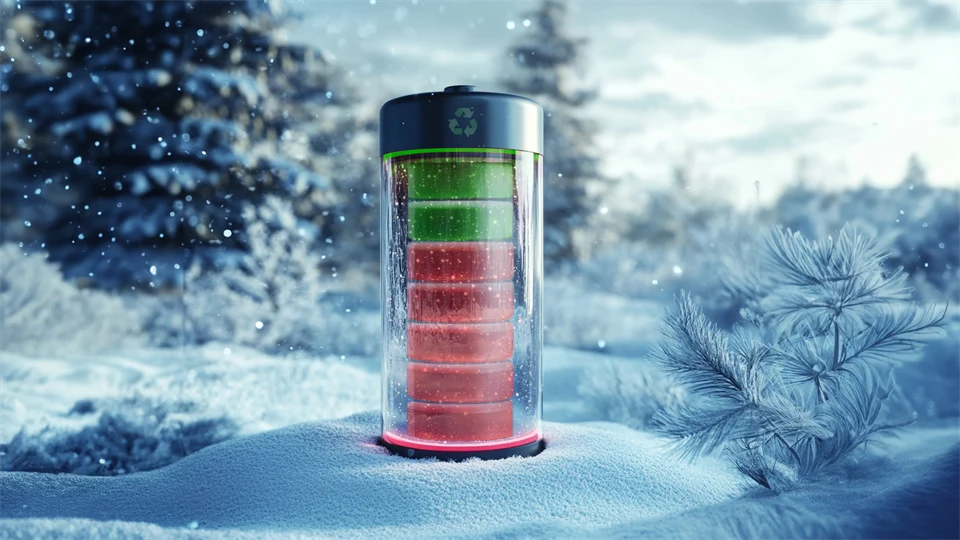Mid Sweden University participates in new project on flexible and cold‑resistant batteries | 2024 |
FSCN Research Center is one of the actors in a new Interreg Aurora project that aims to develop innovative battery solutions for cold climates.
The project, called Flexible and Sustainable Solid-State Batteries for Cold-Weather Electronic Applications, is a collaboration between researchers in Sweden and Finland.
"The project is important for us in the northern Nordic region. Electrical equipment must be able to function even at very low temperatures," says Jonas Örtegren, associate professor at the FSCN Research Center, Mid Sweden University.
Batteries for extreme conditions
The aim of the project is to create batteries that are both bendable and can deliver energy at temperatures down to -40°C. The challenge lies in the fact that the ion transport in batteries' electrolyte decreases during cold, which limits the power delivery. The solution involves innovative materials and manufacturing methods that make the batteries flexible and functional in tough conditions. These batteries may be used in flexible displays and wearables, such as sensors that measure movement, heart rate or sweating.
"Mid Sweden University's role is to develop anode materials that fit together with the solid electrolyte and cathode. We will create a bendable anode that can meet the requirements set in the project," says Jonas Örtegren.
Nordic co-operation
The project is a collaboration between Luleå University of Technology (LTU), Mid Sweden University and two research groups at the University of Oulu, who are also project owners. In addition, five companies that follow the project are participating, two of which are linked to Mid Sweden University. Each university contributes with its expertise: Mid Sweden University focuses on anodes, LTU on solid electrolytes and Oulu on cathodes and pressure techniques.
"It's great that we now get to collaborate with Luleå and Oulu. The hope is that this project will lay the foundation for long-term collaborations in both research and education," says Jonas Örtegren.
Funding and future opportunities
The project has a budget of about SEK 10 million, of which Mid Sweden University accounts for about a quarter. The funding comes mainly from Interreg Aurora, with additional support from Region Västernorrland and a Finnish national financier.
With the project, FSCN Research Center hopes not only to contribute to technological development in battery technology, but also to stronger Nordic research collaboration.
"This is a niche area, but it is of great importance to the region and our ability to use electrical equipment in cold climates. It's exciting to see what we can achieve together," says Jonas Örtegren.
